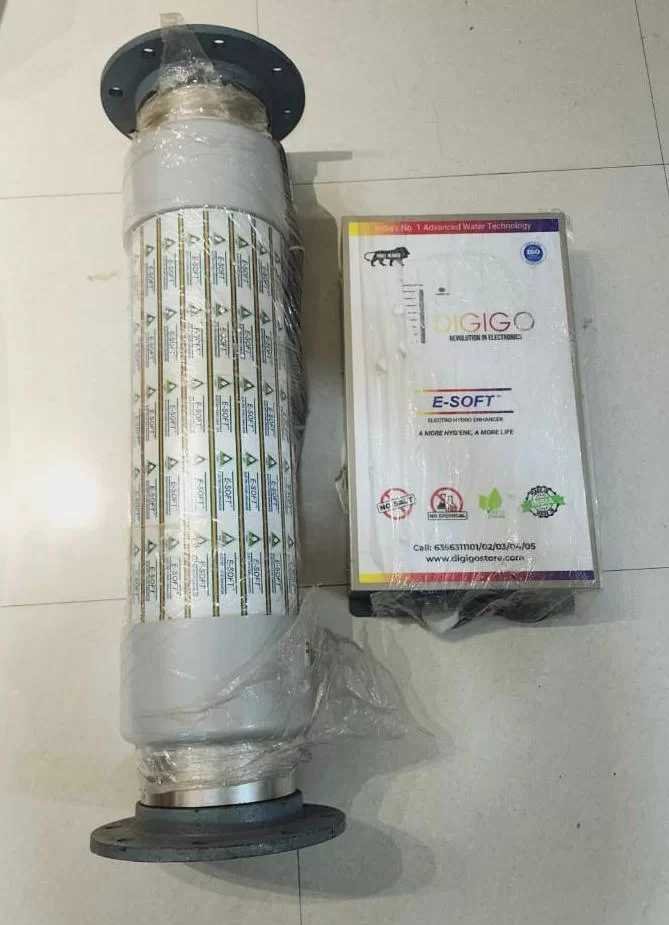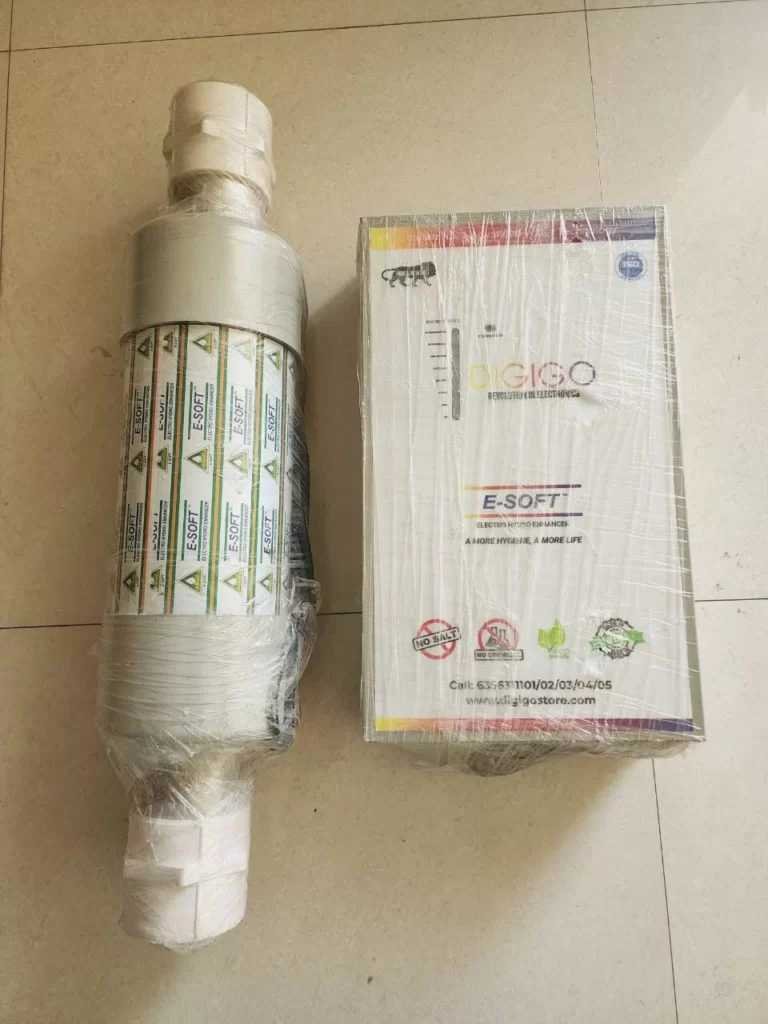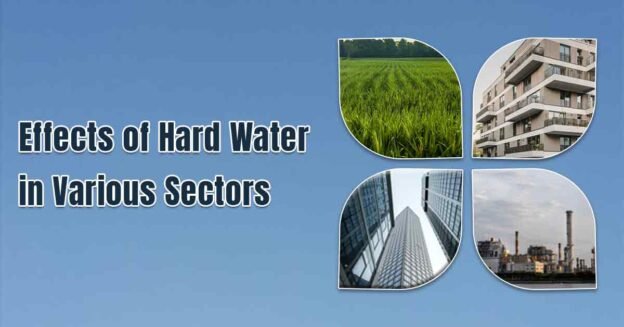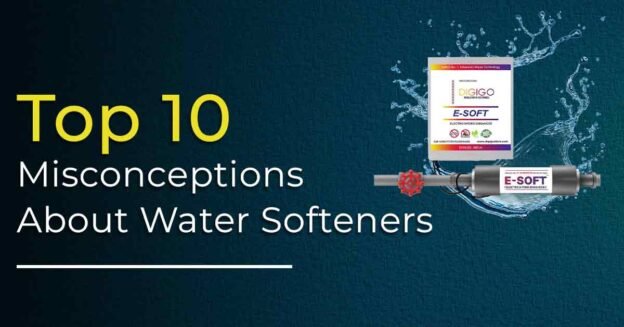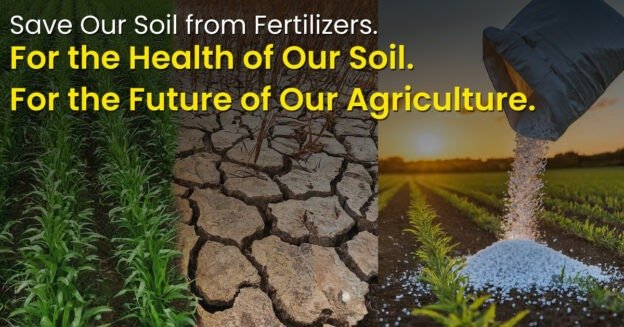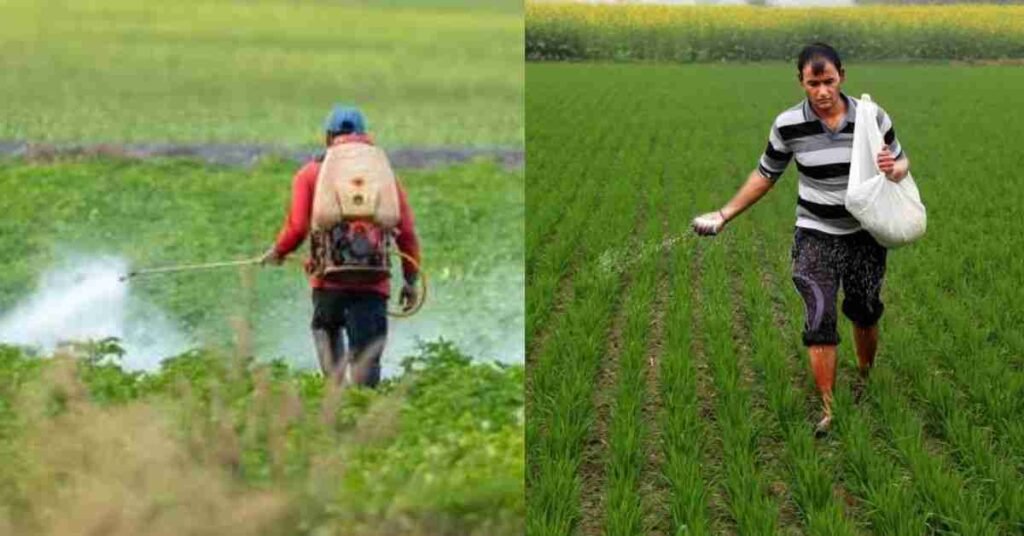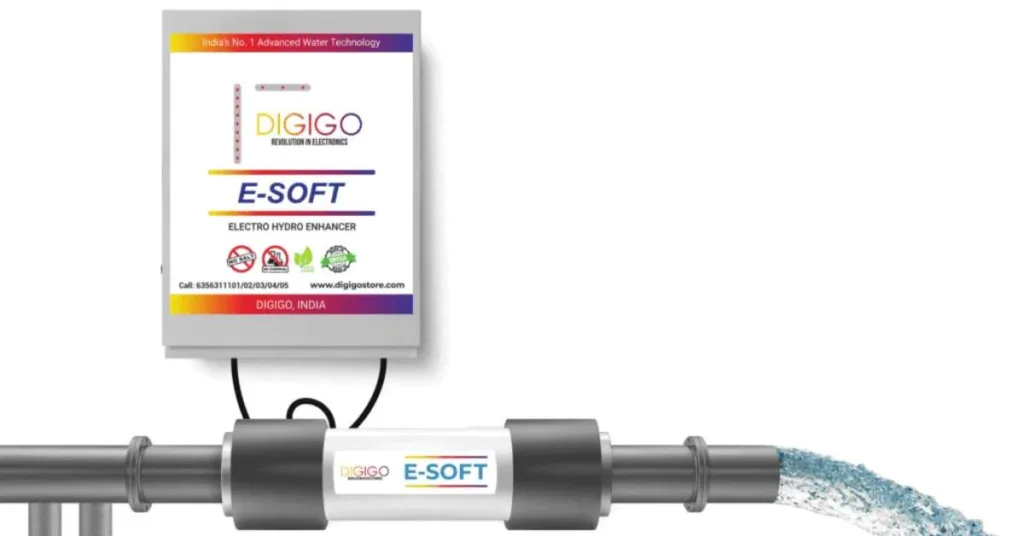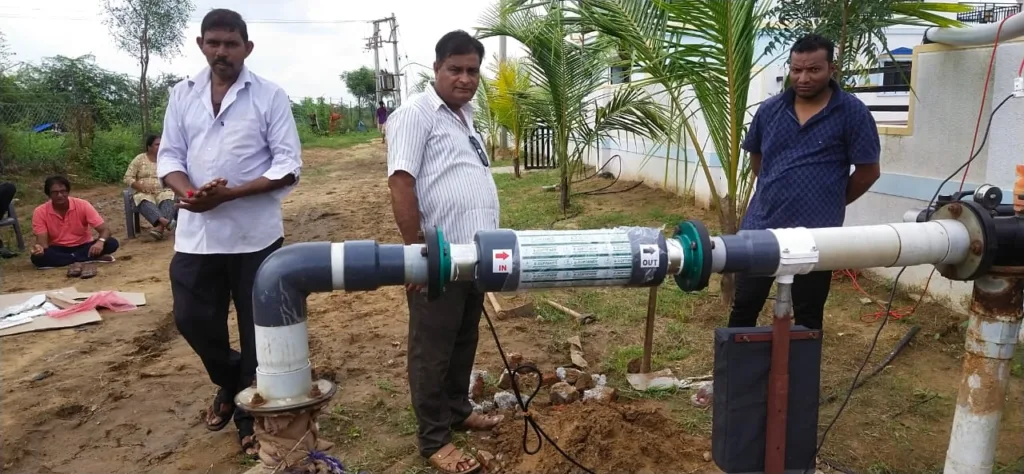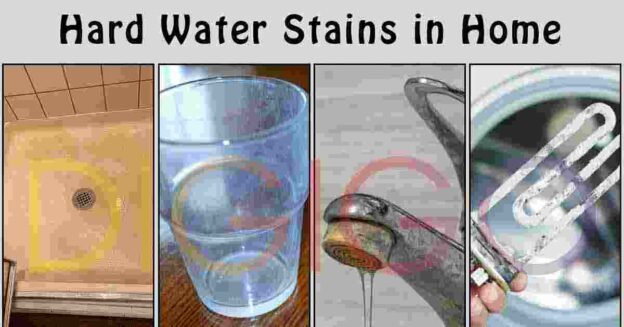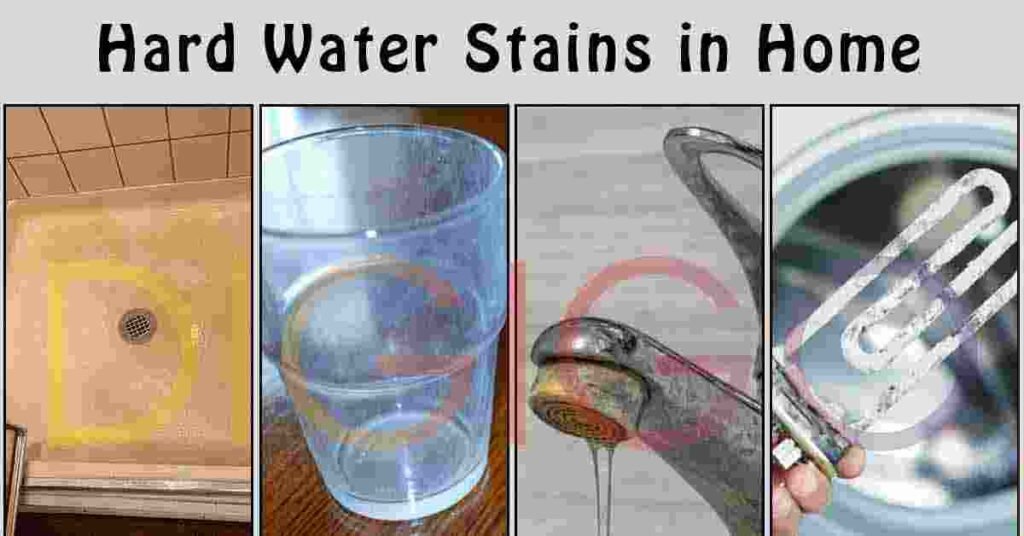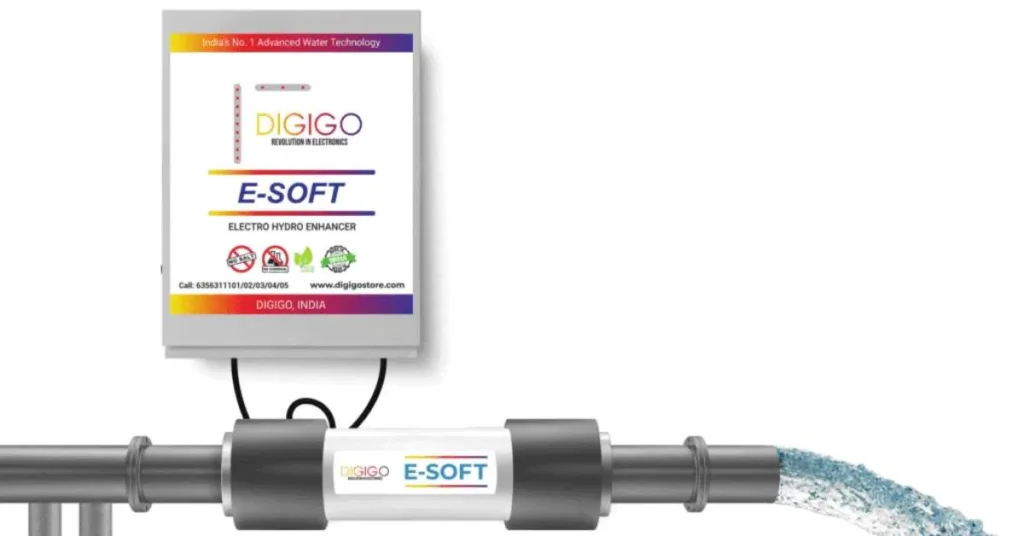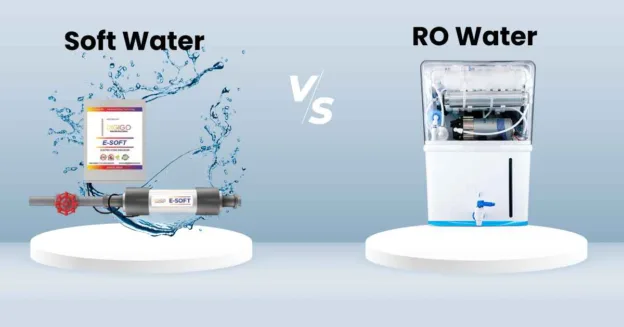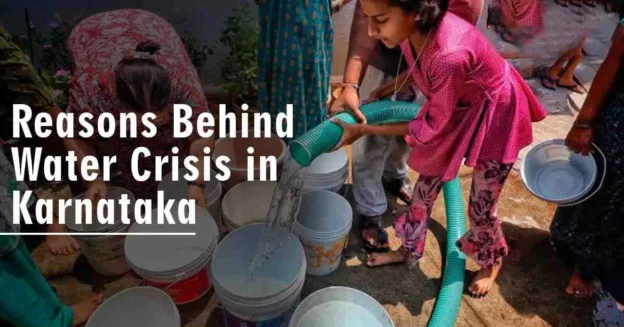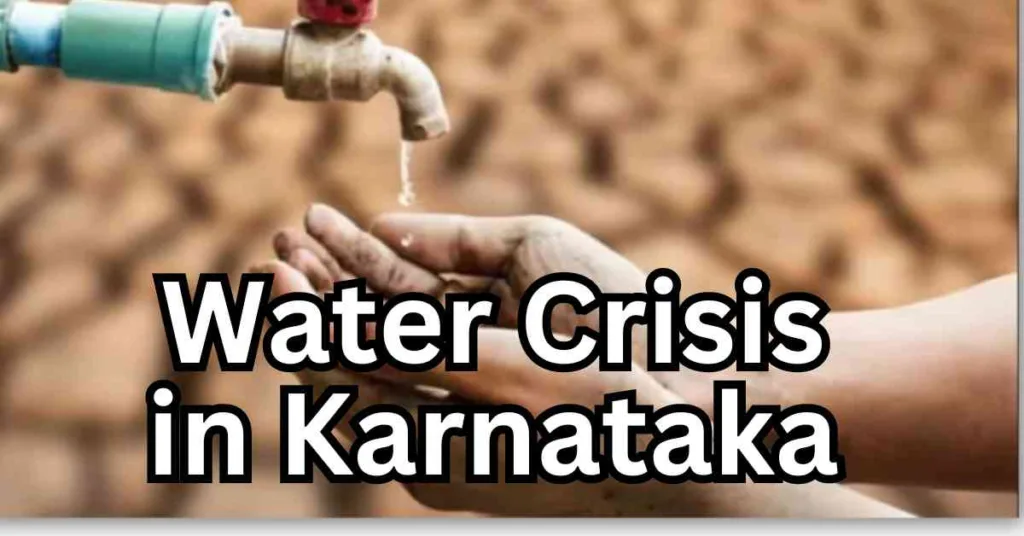Hard water has many problems. There are various disadvantages that you might have to deal with if you use hard water in the long run.
What is Hard Water?
Hard water is the raw form of water that comes to you through pipes or other sources of water. Hard water is the water which has harmful contents and impurities in it. It contains particles like magnesium and ions that will damage you and your surrounding things in the future if used frequently.
Effects of Hard Water in Home
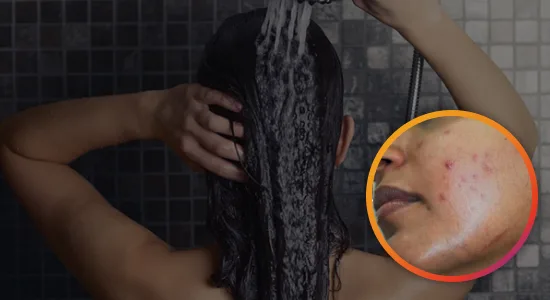
The majority of houses in India are supplied with hard water as it is easily available and the common source of water. But the effects of hard water are not so common. Hard water if used for bathing can damage your skin and make it dry as well.
The smoothness and nourishment of your hair will also be reduced, and there will be an increase in hair fall and baldness. Coming to the cleaning process, the usage of soap will be increased as hard water uses more soap and doesn’t lather much which results in insufficient and improper cleaning. This will result in unhygienic floors and less cleanliness. In cooking also, the hard water is not very delicious to the taste buds and can reduce the taste of your food.
Effects of Hard Water in Farming
Hard water if used for sprinkling crops or in your fields for watering purposes can have a huge problem as an outcome. Hard water can act harsh on your soft plants and can reduce their potential. The hard water can make the plants less green and the crops will lose their nutritional value if sprinkled with hard water often.
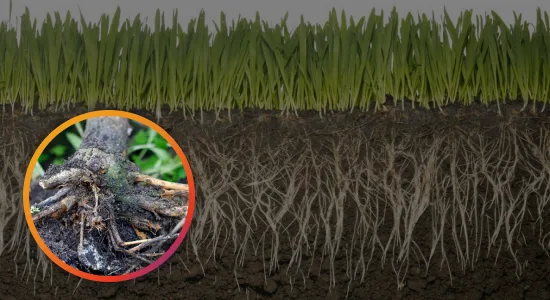
The soil will also become hard due to hard water so you will need more amount of water to reach the roots than usual. Moreover, hard water will hinder the growth of the plants and there is a strong chance of crops becoming irrelevant.
Effects of Hard Water in Industries
The water that comes to your industrial unit is hard in nature and it needs to be softened before usage. The usage of hard water will lead to reduced quality of production and the machinery will also be affected due to the harshness of the water.
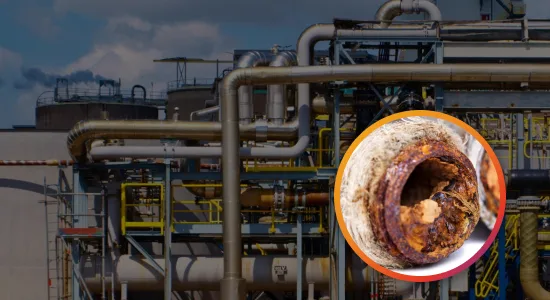
The scales and corrosion will be developed on the surfaces and the plumbing cost will be increased. Moreover, the industries will have a constant breakdown due to carrying out tasks with hard water. The back-end work is also disrupted as cleaning and other works done with the hard water can have a negative impact in the form of unhygienic.
Effects of Hard Water in Commercial Business
Commercial businesses are highly affected by hard water as water is majorly used in commercial businesses. If you have a cafe or restaurant then, using hard water for cooking will reduce the taste of food and for dishwashing, hard water will be ineffective and will leave food stains which results in germs.
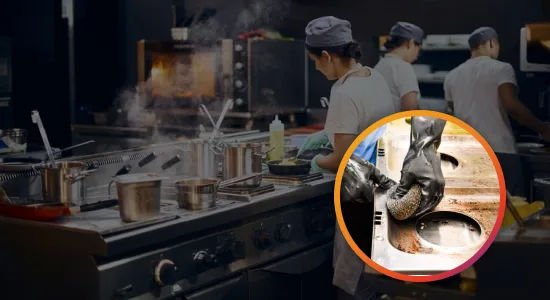
In hospitals, hygiene is really important and so hard water can reduce the hygiene because of the unsuccessful cleaning. In swimming pools and water parks as well there is a chance that people might develop severe allergies which will result in damage to the goodwill of your water park or pools.
Moreover, people will get hair problems and dry skin with itchiness which will add to the defamation of your park or pool.
How to Outcome from the Effects of Hard Water
To outcome from the Effects of hard water, We need to use Hard Water Softener. Hard Water Softener convert hard water into soft water.
DIGIGO provide 5th generation Hard water softener for various industries.
